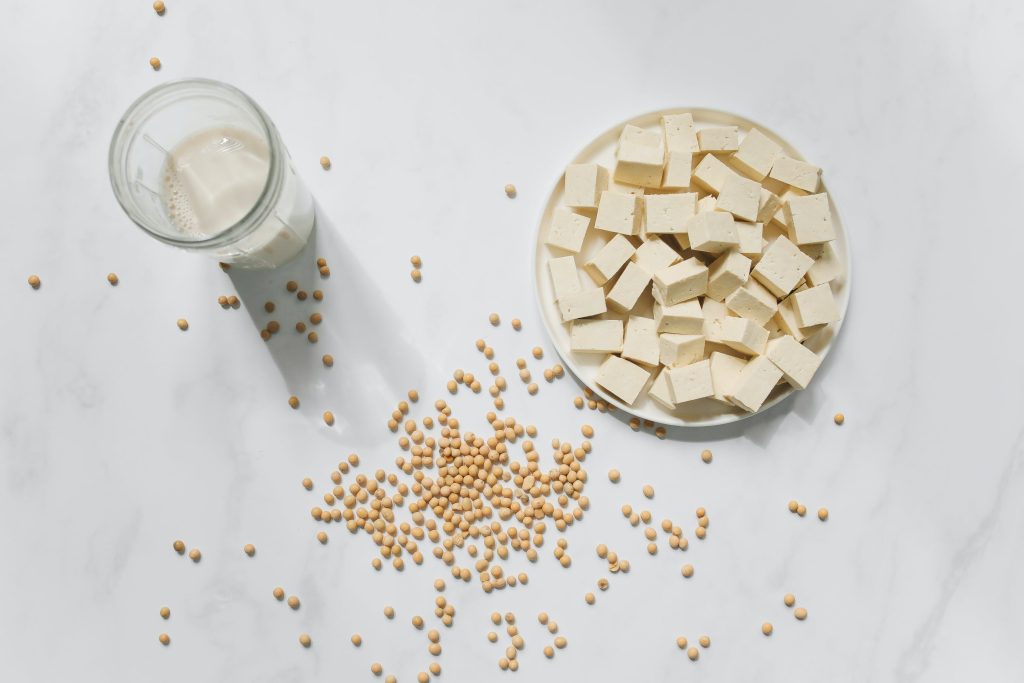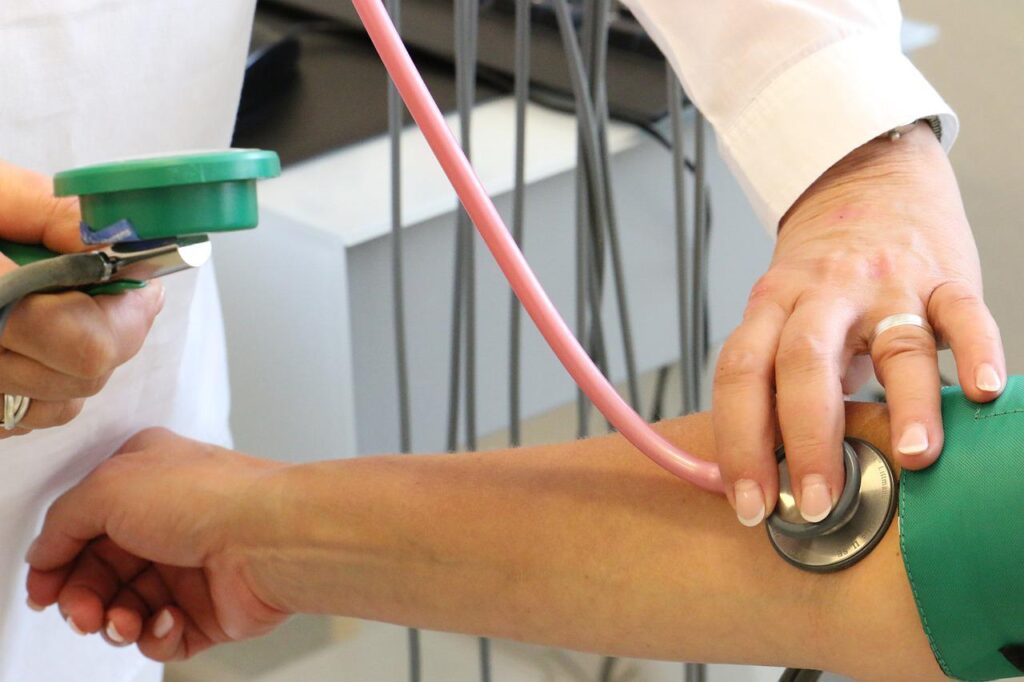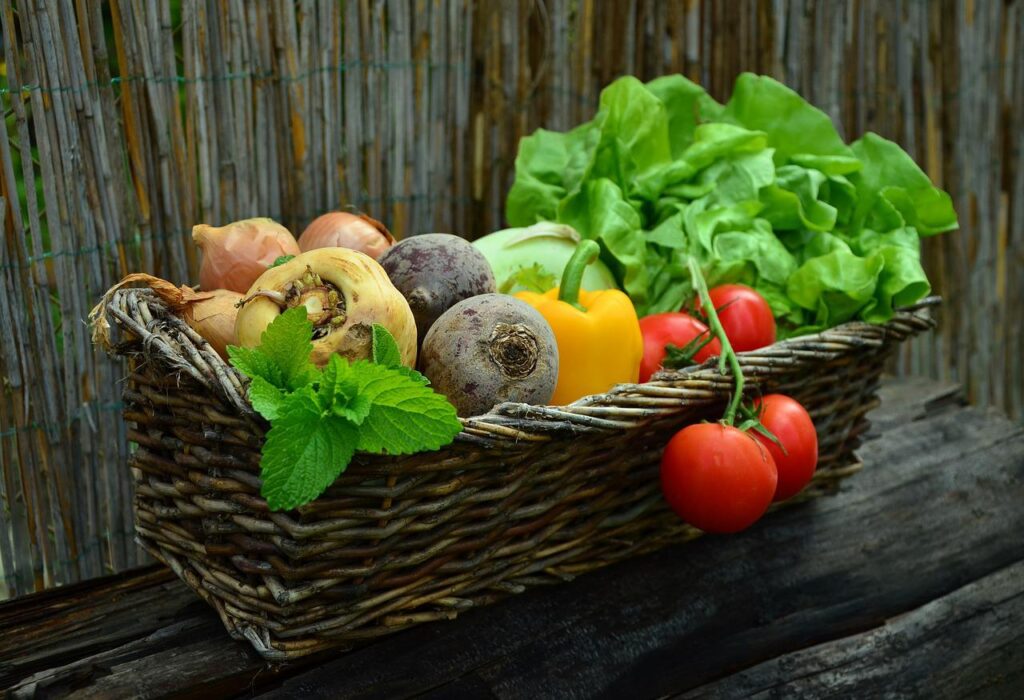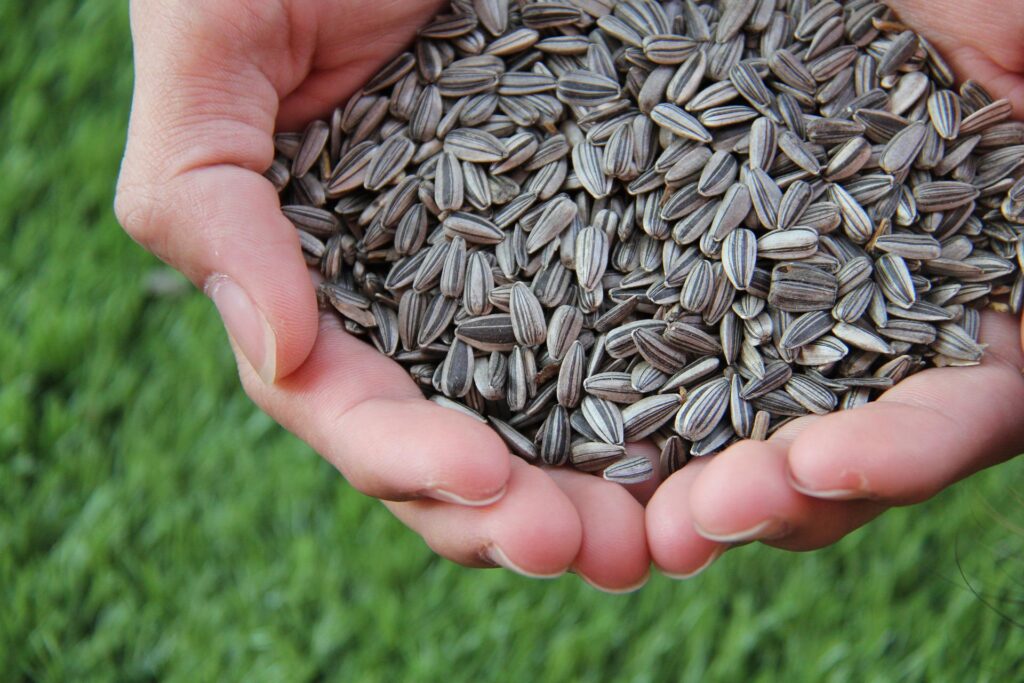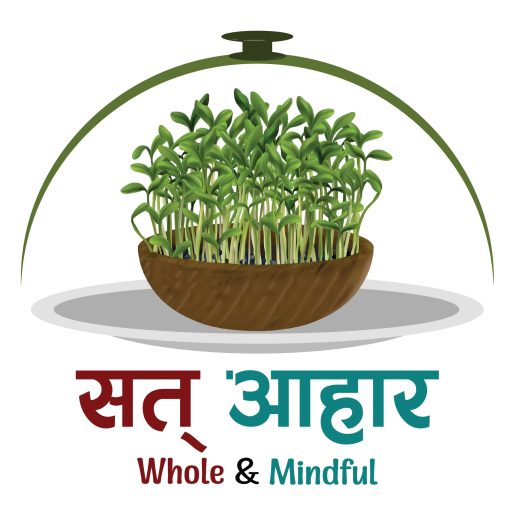When I made a video on TikTok highlighting the benefits of soy chunks (also called textured vegetable protein, soybean maseura), a number of people, primarily men, commented that soy is feminizing, it is not good for men, it lowers the sperm count and so on. While I was aware that there is a big misconception among western communities, it surprised me to discover that these kinds of presumptions exist among a significant number of Nepalese youths as well.
The alleged effects of soy is attributed to isoflavone. Soy is uniquely high in isoflavone which is a form of plant estrogen (phytoestrogen) that functions similarly to human estrogen but exerts a much weaker effect. The amount of isoflavones in soy can vary depending on numerous factors, including the soybean cultivar, growth condition, and the post-harvest processing. Also, not all soy products (eg. edamame, soymilk, tofu, soy protein, natto etc.) have the same amount of isoflavone (1, 2).
Let us delve into the origins of this myth and what the scientific evidence has to say on this matter.
When and How did it Start?
To put it into perspective, imagine drinking almost 3 liters of cow milk every day, or having 3 kilograms of meat everyday or having 3 kilograms of rice everyday. Such excessive consumption, whether of soy or other foods increase the likelihood of diseases such as high cholesterol, heart diseases and kidney disease among many. Even substances as essential as water can lead to health problems when ingested in excessively high amounts.
Thus, drawing conclusions based on the unhealthy eating habits of two individuals, who consumed an exceptionally high amount of soy should not be generalized. However, case reports should not be neglected and such cases warrant more thorough studies. That is precisely what happened. In the last two-three decades, there has been a plethora of research done on soy, exploring its benefits and potential harmful effects.
History of Soy Intake
Soybean is consumed for centuries in many Asian countries such as in Japan, Korea and China. Even though Nepalese historically might not have not have consumed other soybean products such as tofu and soymilk, roasted soybean seeds were a staple snack consumed regularly if not daily.
Nowadays, the popularity of soy is increasing as it is a good source of quality protein with less saturated fat, and it is a more efficient choice compared to animal-based protein.
What does Research say?
Lets start with this one. A prospective cohort study analyzed the intake of soy products in 184 men from couples undergoing infertility treatment with in vitro fertilization. The result showed that the consumption of soy foods or isoflavones by male partners had no connection to fertilization rates or various other measures of fertility.
A review study published in 2009 notes that: ‘It is likely that a relatively small (≤10%) proportion of the population in Asia consumes daily as much as 25 g of soy protein or 100 mg of isoflavones. Thus, if historical precedent can be used as one measure of safety, then a reasonable upper limit for isoflavone intake from traditional soy foods is approximately 100 mg/day.’
Research is ever growing. Let us see what the newer studies have to say on this matter. A meta-analysis of 38 controlled clinical studies published in Journal of Reproductive Toxicity in 2021 investigated the effect of soy/isoflavones on hormone levels. The study concluded that, regardless of the dosage or duration of the study, soy protein and isoflavone exposure have no effect on total testosterone (TT), free testosterone (FT), estradiol (E2), estrone (E1), and sex hormone binding globulin levels in men. Another review study published in the journal of molecular and cellular endocrinology in 2012 also noted that 2-3 servings of soy per day has no discernible effect on hormone levels. This equates to about 15-20 grams of soy protein and 50–75 mg of isoflavones on average. To put it into perspective, 3 servings of soy food might look like 250 ml of soymilk and 80-100 grams of tofu.
Other past research and systematic reviews, in addition to this meta-analysis, show that soy has no apparent effect on estrogen levels in men or other feminization endpoints (6,7) .
Despite of evidence, there has been huge fear mongering regarding soy. It is sad to note that even some health professionals perpetuate these myths. Some may not thoroughly investigate the current scientific evidence, while others might remain uncertain about the subject because of the confirmation bias. This highlights the necessity of continuing education and awareness campaigns to ensure that correct information is shared, particularly when it comes to issues pertaining to health and nutrition.
Summary
In this article, we have not discussed the array of benefits soy provides though soy is consistently shown to reduce risk of certain types of cancers and other chronic diseases. There are countless benefits of consuming soy which will be covered next time. Just like any other food such as cow milk, rice, meat or fruits, soy should also be consumed in moderation (which is up to 3 servings per day). Eating soy solely may result in a diet that isn’t very diverse since the consumer may be ignoring other beneficial legumes or sources of protein and losing out on the advantages that come with them. Diversity in diet—including a variety of foods instead of mainly depending on one or two is always healthy and preferred. In a nutshell, soy is absolutely safe to consume by both men and women as a part of a healthy diet and it definitely does not cause feminization in men. Next time, if someone comes to you and says ‘men should not consume soy’, just understand that they have been influenced by the big media headlines, influencers and have not done any research to find out the actual fact. If you are worried, you may avoid soy or isoflavone supplements, however, avoiding soy altogether is not a wise decision unless you have soy allergy.

